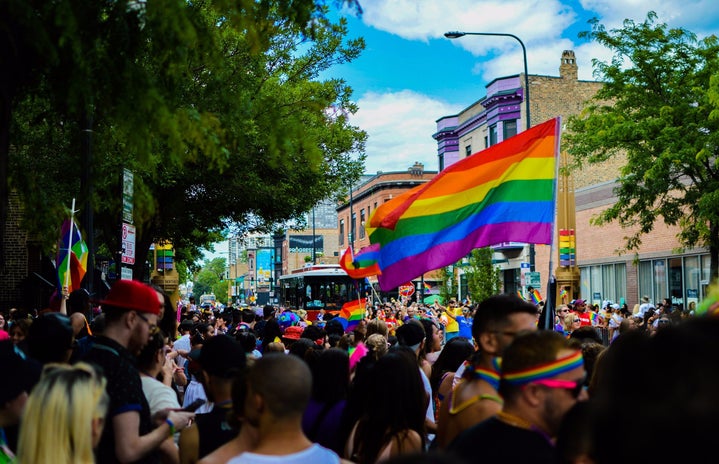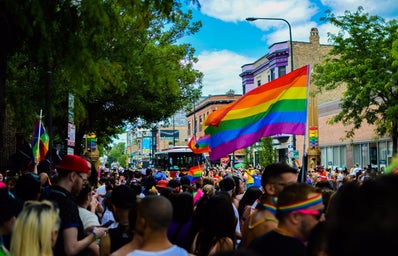The queer community in India has a long history of marginalisation and discrimination and their struggle for acceptance and recognition is currently ongoing. The conservative and hetronormative agencies continue to hinder them under the propaganda of the queer not being innate to Indian culture—some argue that queerness is a western influence. These struggles have caused the community to make significant strides in recent years—both legally and socially—and they still have a long way to go.
It is important to recognise that there are still issues of exclusion within the queer spaces; Dalit queers—who are already marginalised in mainstream society—end up facing caste-based ostracism even within queer spaces.
In India, caste is a system of social stratification which inherently vis-a-vis subconsciously excludes the Dalits from the upper-caste society on the basis of their ascribed identity of them belonging to a lower caste-group. Thus, Dalits have historically been disbarred from being a part of the mainstream society in various aspects of life including education, employment, and their access to resources. Within the queer community, the issue of caste-based exclusion is not often openly discussed. Its steeping severity is, thus, ironically surprising.
Queer spaces in India, like the ones in many other countries, are predominantly dominated by individuals from privileged backgrounds—the not-so-noble gatekeepers of the LGBTQIA+ umbrella. These individuals often have access to resources, education, and opportunities that Dalit queers do not. This often causes the privileged classes to impart an institutional, class and systematic partisan exclusion of the Dalits.
The aforementioned exclusion has been manifested in various ways. For example, they may not be invited to social events and panels even if the theme of discussion over there would of Dalit-scholarship—further moral policing of queer consciousness. Their thoughts might also not be included in discussions and decision-making processes within queer organisations. Additionally, they might face microaggressions from other queer individuals based on their caste identity.
One reason for this exclusion, as mentioned earlier, is the prevalence of Savarna hegemony within queer spaces. Savarna individuals hold a disproportionate amount of power and influence within queer organisations and communities, and further gatekeeping these spaces by controlling the narratives that are presented there. They may prioritise issues that are important to them and ignore or minimise issues important to Dalit queers. This can lead to a situation where the experiences of Savarna queer individuals are prioritised over those of Dalit queer individuals, which leads to the dismissal and trivialisation of the latter’s experiences.
Furthermore, the lack of intersectionality within Indian queer communities contributes to the diminishment of Dalit queer struggles. Intersectionality refers to the interconnected nature of social identities and how they overlap and intersect to create unique experiences of hardship and injustice. Without an understanding of intersectionality, the experiences of historically oppressed groups, such as Dalit queers, are often overlooked.
To combat the issue of caste-based exclusion within queer spaces, it is crucial to acknowledge and address the issue of caste in a meaningful way. This means actively working to dismantle Savarna hegemony within the said organisations and communities and creating spaces that are truly inclusive and welcoming for all individuals, regardless of their caste identity.
Additionally, it is important to prioritise intersectionality within the queer community by recognising and valuing the experiences of vulnerable groups thereby actively working to uplift their voices and perspectives.
In conclusion, the issue of caste-based exclusion within queer spaces in India is a reality that needs to be addressed. The queer community, which has historically fought for inclusion and allyship, cannot ignore the experiences of marginalised groups within its own community. It is important to work towards creating spaces that are truly inclusive and welcoming for all individuals, regardless of their caste identity. This can only be achieved through active efforts to dismantle Savarna hegemony and prioritise intersectionality within the queer community.

